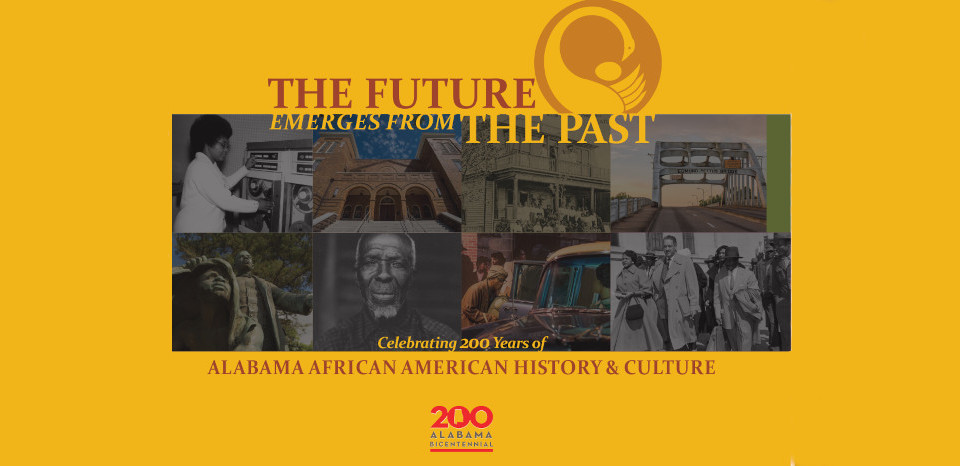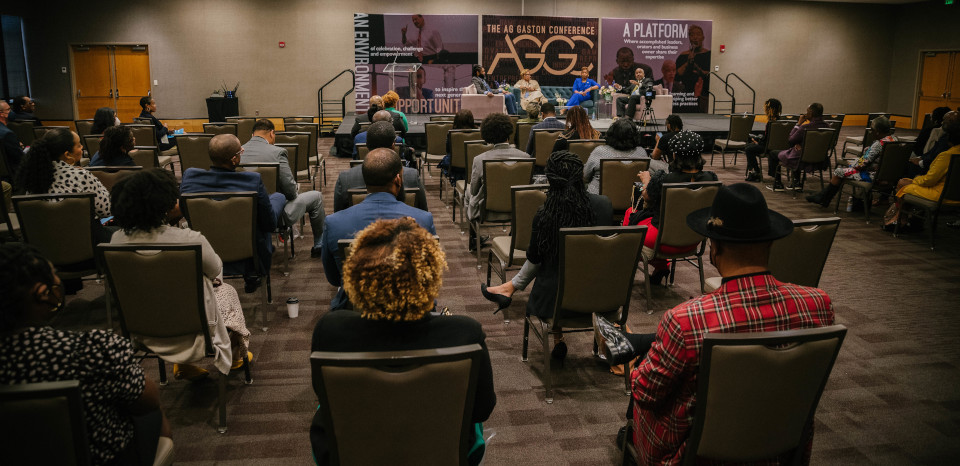
Audience
E-Book: 5 Greatest Myths About Virtual and Hybrid Events; PCMA
A survey by Digitell Inc identified three event audiences:
- The audience we’ve all known for decades – your fans, your loyalists, your peers who relish meeting each other at your events.
- The audience that knows your brand and is excited about your agenda, but isn’t looking forward to spending 1-3 days away from work to network with industry peers.
- The audience doesn’t know your brand or event very well. But they’d like to.
Budgets
Prepare detailed budget worksheets (pre-planning, budget, actual). Make sure your bottom line dollars match your budgeted amount. Always be prepared for the unexpected.
COVID Considerations
The Essential Guide for Planning Safe Events in 2022; Northstar Meetings Group
COVID cases might be declining, but new variants can reemerge quickly. It’s also possible that another unforeseen health threat could arise. Below are things we recommend you do:
- Stay informed about local health news in the destination
- Maintain some pandemic-era safety protocols such as:
- Encouraging attendees to wear masks
- Conducting daily health checks
- Requiring proof of vaccination or recent negative test for entry
- Conducting on-site testing
- Have a plan of action in the event that someone tests positive or develops symptoms on-site
Add-on Costs
Don’t overlook add-on costs: taxes and gratuities (can be as much as 10% and 24% respectively), speaker & VIP expenses, extra food ordered on-site and last minute shipping & freight costs.
Decorations
When considering event decorations, plan for the focal points: event entrance/exit, registration area, food areas (buffet and guests tables), bathrooms and featured areas.
Evaluations
Never end a meeting or an event without evaluating it. Don’t wait too long. Evaluate while the information is still fresh on your mind.
Food Allergies and Intolerances
Serve This, Not That: Beware the Consequences of Serving the Wrong Thing; Tracey Stuckrath; Society of Nonprofits
Food allergies and intolerances are considered disabilities and are protected under the Americans with Disabilities Act (ADA)
Managing people’s food requirements can be challenging but understanding the guidelines for the most prevalent conditions can help a great deal. Here are the most common:
- Food allergies – Eight foods – milk, eggs, wheat, soy, tree nuts, peanuts, shellfish and fish – cause 90% of such reactions
- Medical conditions – many medical conditions are managed through diet:
- Diabetes
- Digestive disorders
- Heart conditions
- Lifestyle preferences
- Vegetarian
- Gluten-free
- Paleo
- Raw
- Macrobiotic
- Vegan
- Religious & cultural practices – one third of the world’s population follows a religious-based diet
Giveaways
Determine what gifts and prizes are appropriate for your attendees. Consider these sources: catalogues, specialty shops, arts & craft shows, and art galleries. Always allow plenty of time to order prizes/gifts. You can save 10-20% when you have 90-120 production days.
Hybrid Meetings
Hybrid meetings combine in-person events with a “virtual” online component.
Advantages of hybrid events are:
- More accessible
- Global audience
- Broader reach
- More sustainable
Hybrid events can be both time consuming and costly because you are actually planning two separate events, one in-person and one virtual.
Health Security Plan
Meeting Professionals’ COVID-19 Playbook – Getting Back to Business
InHouse Physicians identified six strategies to consider when creating a Health Security Plan:
- Sick attendee policy
- Disinfection & masks
- Vaccine verification
- Wellness program
- Medical care, COVID testing and surveys
- Communication strategy
Kids
Always make special arrangements for kids. Plan special outings, movies, video games, kid proof menus and friendly volunteers.
Legal Liabilities
Make sure you and your meetings are protected against these legal issues: inadequate insurance coverage, liquor liability, ADA (Americas with Disabilities) compliance, hotel cancellation clauses, outdoor injuries and music licensing.
Marketing
When marketing your meeting, remember that people buy benefits (what it will do for them), not features (seminars, meal functions, speakers).
No Shows
Plan for no shows in your food & beverage planning (10%) and your sleeping room block.
Outsourcing
Outsource things that are beyond your expertise. Compare internal savings vs. external costs. And when you do outsource, make APS your first choice for meeting & event planning.
Planning Meetings
Follow these steps when planning meetings and special events:
- Assemble your planning team
- Set goals and objectives
- Identify your target audience and stakeholders
- Determine the type of event
- Create an event timeline
- Select the date
- Select the location and venue
- Develop your budget
- Determine how to pay for the event
- Determine your staffing needs
- Develop a marketing plan
- Develop an on-site management plan
- Develop a list of post-event things that need to be done
- Develop a contingency plan
Registration
A successful event begins with good customer service at the registration desk. Make sure your staff greets attendees immediately and that they have the information needed to answer questions. Put registration materials where attendees can pick them up while waiting in line. Encourage staff to suggest changes they think will smooth out the process.
Risk Management
Risks Get Riskier for Nonprofits: ERM Can Help; Donna Galer and Al Decker; Society for Nonprofits
Follow these five steps to protect against damage and loss:
- Identify key risks
- Measure and prioritize risks
- Manage the risks you’ve pinpointed
- Put your plan into action
- Make a record of the outcomes
Site Selection
- What are the meeting objectives?
- What are the issues/concerns of your attendees?
- What are your needs in the following areas: meeting space, audio/visuals, shipping & storage, sleeping room requirements, food & beverage, recreational activities?
- What is the meeting agenda/schedule?
- Does it meet your budget parameters?
Sustainable Foods
Sustainable foods are healthy for consumers while protecting the environment and human health, safe-guarding animal welfare and supporting local communities.
- Locally Produced Foods: These foods generally are in season and climate friendly, requiring less energy to store and transport.
- Seasonal Fruits and Vegetables: In-season produce is generally fresher, tastes better, costs less and is more nutritious than out-of-season produce.
- Certified Organic Foods: They contain fewer pesticides and they are often fresher because they lack preservatives. Often organically raised livestock are not given antibiotics, growth hormones or animal by products in their food.
Event Threats
Consider the biggest threats to both virtual and in-person events.
Event Security Plan: 10 Essential Measures for Safe Events
Direct and indirect physical security threats include:
- Safety and structure of the building or venue
- Fire hazards
- Weapons or violence
- Theft, robbery, or fraudulent attempts
- Terrorists
- Natural disasters
- Emergency evacuation failures
- Power backup failure
- Technological failures
- Health risks
- Parking lot dangers
Digital threats are usually more direct than indirect. Some of the biggest risks include:
- Hackers and data breaches
- Insufficient connections
- Payment processing failures
- Anonymous internet bullies or “trolls”
Volunteers
These are the folks that give their time and service for FREE for the benefit of an organization or a group. Volunteers are special people. Treat them well and they will be an invaluable part of your planning and implementation team.
The Web
Use the Web for site selections, to locate suppliers, publicize meetings, communicate with attendees, and for conference registration.
Z
Last and not least, consider APS when you need someone to handle your larger meetings and events or when you just need advice on how to get things done. We can save you time, money and stress because our business is “Making Your Special Event Special!”






